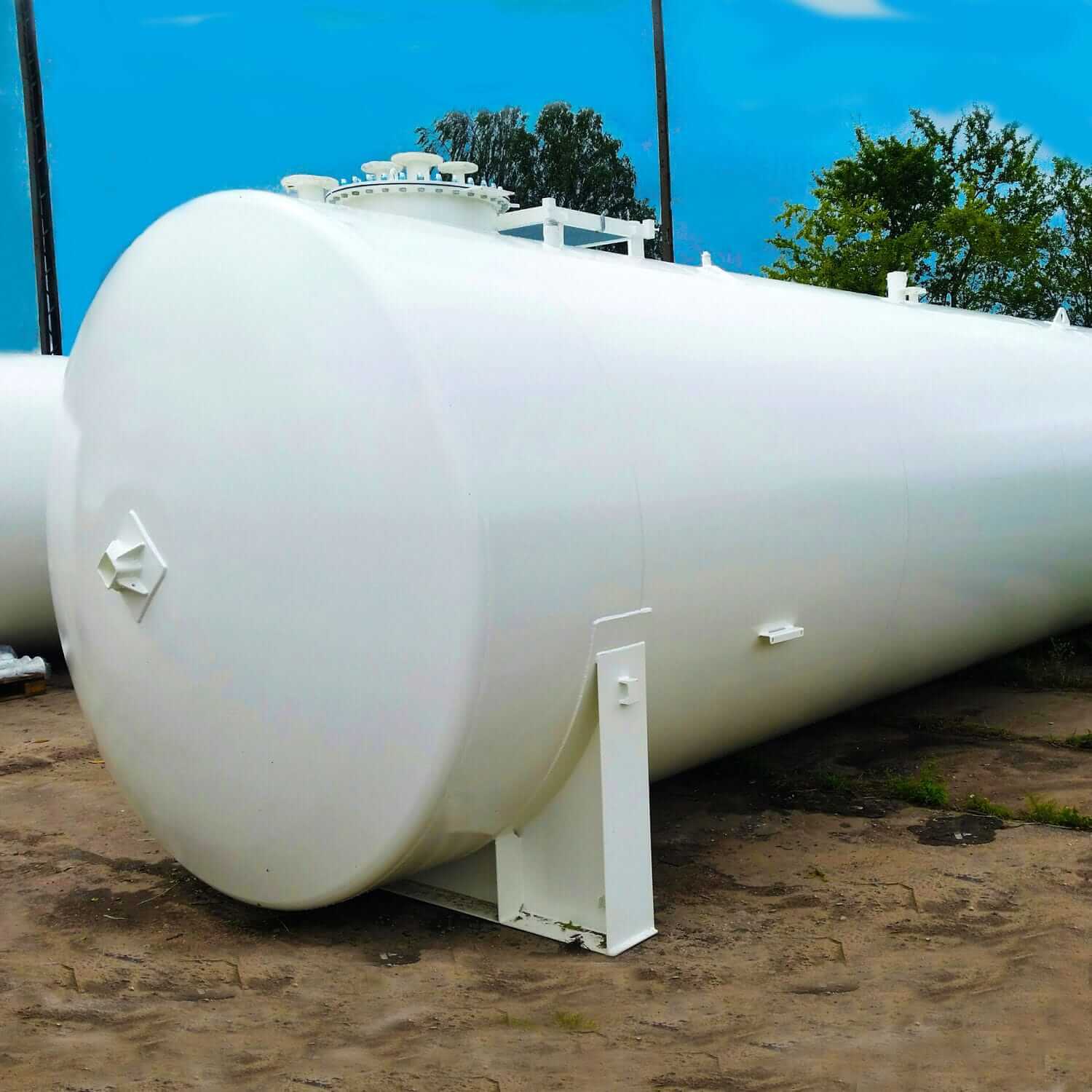Prolapse is a condition where your body part can slip or fall from its normal position. The condition where a part of your large intestine or rectum slips outside or drops down your anus is called rectal prolapse. Rectal prolapse typically occurs in older women, but it can occur in men and women of any age. If you leave it untreated or the longer you have, the worse it can get. Rectal prolapse can affect your quality of life and makes it difficult to perform your daily activities. Rectal prolapse can cause some serious health problems which can become life-threatening. So, it is advised to consult the best and the well-experienced doctor to prevent or to reduce the occurrence of complications of rectal prolapse.
What are the types of rectal prolapse?
Generally, rectal prolapses are divided into three types based on their severity, and They are:
- External prolapse: Rectal prolapse that sticks or protrudes out of the anus in external prolapse. This is known as complete prolapse or full-thickness prolapse.
- Internal prolapse: Internal prolapse is a type of rectal prolapse where the rectum has started to drop but is not yet sticking out or protruding out of your anus. This type of prolapse is known as incomplete prolapse.
- Mucosal prolapse: This is a type of rectal prolapse where a part of your rectal lining protrudes out of your anus.
What are the complications caused by rectal prolapse?
In case you have rectal prolapse and are suffering from poor quality of life and are unable to do daily activities, then your health care provider can recommend rectal prolapse surgery. If you delay or avoid undergoing rectal prolapse treatment, you can suffer from serious complications which makes your health worse and would require immediate surgical intervention. Below are a few of the complications that are associated with rectal prolapse:
- Rectal ulcers [ulceration]: If rectal prolapse is not treated, it can cause rectal ulcers where sores are formed in the rectum. You may experience rectal pain, painful bowel movements, and bleeding from the anus along with blood in stools.
- Bleeding: In severe cases of rectal prolapse, you can notice leakage of blood [bleeding] from the anal area. This can be caused due to thinning or rupture of the inner lining of the rectum.
- Strangulation: Strangulation of rectal prolapse is rare where the blood supply to the prolapsed rectum is cut off due to its incarceration. In this case, you need a medical emergency where the strangulated prolapse should be removed surgically.
- Gangrene of rectal prolapse: If rectal prolapse is left untreated, it can cause strangulation and can lead to its death and decay.
- Can’t be pushed back: Delaying or avoiding the rectal prolapse treatment can make it hard to push back the prolapsed rectum into the anus. So, follow all the suggestions recommended by your doctor and undergo the surgical treatment when your doctor says so.
What are the causes and symptoms of rectal prolapse?
If you doubt about having a rectal prolapse, consult your doctor to get diagnosed and treated. After getting diagnosed with rectal prolapse, your doctor can plan an appropriate course of treatment based on the severity and causes of your rectal prolapse. The exact cause of rectal prolapse is unknown, but some medical professionals and scientists believe that rectal prolapse can be caused due to any of the following conditions.
- A long-term history of constipation or diarrhea can cause the weakening of your muscle that supports the rectum and can lead to rectal prolapse.
- Excessive strain during bowel movements or defecation can put extra pressure on your anus and can cause the rectum to slip or drop out of your anus.
- Aging can cause rectal prolapse, as an increase in your age can weaken the muscles and ligaments in the rectal area that holds the rectum from protruding out of your anus.
- Any injury to the anal or hip area can cause nerve damage which can affect your muscles’ ability to tighten and loosen the rectum. This ultimately can lead to rectal prolapse.
- Pregnancy, vaginal childbirth, anal sphincter paralysis, or injury to your spine can cause damage to the muscles that hold the rectum in its original position and can cause rectal prolapse.
- Neurological problems, such as spinal cord disease or spinal cord transection can also cause rectal prolapse.
However, more research and clinical studies need to be done to know the exact causes of rectal prolapse.
In case you are suffering from rectal prolapse, you can notice symptoms such as:
- Severe pain in the anus or rectum during bowel movements
- Pain and discomfort while sitting
- The feeling of a bulge hanging outside of your anus
- Bleeding from the rectum
- Leakage of feces, pus, blood, and mucus from the rectum
- Presence of red mass outside your anal opening
For the first few times, when you have rectal prolapse you can push back the rectum inside the anus to its position. Later on, you cannot push back, and you may feel like something has fallen out of your body. In such a situation you have to consult your doctor and discuss the rectal prolapse and its treatment options.
[Note: Most patients get confused about whether they have rectal prolapse or hemorrhoids.]
Conclusion:
Rectal prolapse can be caused due to chronic constipation, excessive strain during bowel movements, weakened sphincter and pelvic floor muscles, and damage or trauma to the lower back. It can affect both men and women without any age factor. However, elderly patients above 60 years of age are more prone to develop rectal prolapse. It can’t be cured or prevented on its own and you would require a surgical intervention. In case, rectal prolapse is left untreated or treatment is delayed, you can suffer from some serious health risks or complications such as rectal bleeding [loss of blood from rectum], rectal ulceration, gangrene of rectum, and loss of blood supply or blood flow to the prolapsed rectum. Once you start noticing the symptoms of rectal prolapse, you can contact the Pristyn Care for further medical assistance.














